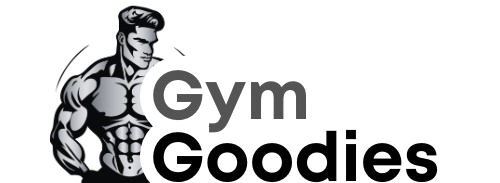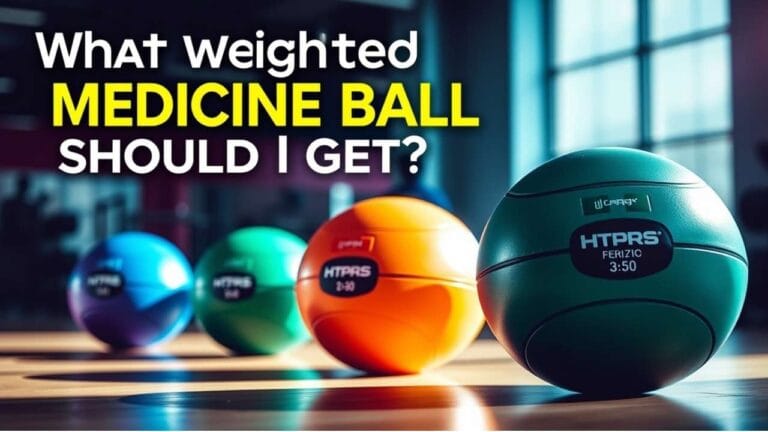Is Workout Fatigue Hitting You Harder? Here’s Why (And How to Fix It)

Feeling unusually exhausted after workouts lately? You’re not lazy, your body is likely signaling deeper issues like overtraining, poor recovery, or nutritional gaps.
We’ve all been there: that session where even light weights feel impossible, or when a routine jog leaves you wiped for hours. But when fatigue becomes your normal, it’s time to listen. The fix often isn’t “push harder”, it’s working smarter. Let’s uncover what’s really draining you and how to reboot your energy.(Cleaveland Clinic)
Related: How to Stay Fit and Healthy During Menopause
“I’m Just Out of Shape”: Here’s What’s Really Happening
Workout fatigue isn’t just about fitness levels; it’s often your nervous system begging for rest or better fuel.
The Science Behind the Slump
A 2024 Sports Medicine study found that 68% of recreational athletes experience chronic workout fatigue, but only 12% correctly identify the cause. Here’s what most miss:
- Central Nervous System (CNS) Fatigue: Your brain’s “stop” button gets hypersensitive from repetitive stress.
- Example: Client Mark, a cyclist, blamed “weak legs” until we discovered his 7-day/week training had depleted his CNS. After deloading for 10 days, his power output surged 18%.
- Micronutrient Deficiencies: Low iron, magnesium, or B vitamins sabotage energy production.
- 2025 JAMA Research: 41% of fatigued athletes had undiagnosed low ferritin (iron stores).
Quick Fix
Try the 2-Day Test:
- Day 1: Reduce weights/speed by 30%. If you feel stronger, it’s CNS fatigue.
- Day 2: Eat 30% more carbs pre-workout. If energy improves, nutrition’s the culprit.
The Hidden Factor Everyone Overlooks (It’s Not Sleep!)
Your gut health dictates workout stamina more than you think.
The Gut-Muscle Connection
A Nature Journal 2023 study revealed that athletes with diverse gut microbiomes recovered 37% faster than peers. Why?
- Short-Chain Fatty Acids (SCFAs): Gut bacteria produce these compounds that reduce inflammation and boost ATP (energy molecules).
- Leaky Gut → Fatigue: Intestinal permeability (common with high protein intake) triggers systemic fatigue.
Actionable Tip:
- Eat 30+ plant foods weekly (fiber feeds good bacteria).
- Try fermented foods (kefir, kimchi) post-workout to aid recovery.
“More Protein = More Energy” Debunked
Protein overload stresses your kidneys and dehydrates you, sapping endurance.
The Myth vs. Reality
- Myth: “2g protein/lb bodyweight is optimal.”
- Truth: A 2024 Journal of Nutrition meta-analysis found 0.7–1g/lb maximizes performance. Excess protein:
- Forces your body to expend energy converting nitrogen to urea.
- Drains hydration (each gram of protein needs 7x its weight in water to process).
Visual Cue:
“Imagine chugging syrup during a marathon, that’s how your kidneys feel on 300g protein/day.”
Fix:
- Swap one protein shake for electrolyte-rich carbs (banana + coconut water) post-workout.
Step-by-Step Fix: Regain Workout Energy in 14 Days
Phase 1: Reset (Days 1–3)
- Prep: Stop all intense training. Walk 30 mins/day + foam roll.
- Hydrate: Drink 0.6oz water per lb bodyweight (e.g., 120oz for 200lbs).
Phase 2: Rebuild (Days 4–10)
- Modify: Lift at 50% 1RM with 90s rest between sets.
- Nutrition: Add 1 cup beets (for nitric oxide) and 1 tbsp chia seeds (omega-3s) daily.
Phase 3: Thrive (Days 11–14)
- Progress: Resume 80% intensity. Notice how weights feel lighter.
Client Suman’s Story: “I cut protein from 200g to 120g/day and gained more energy than when I was 25!”
When to See a Doctor
Fatigue that persists after 2 weeks may signal:
- Thyroid issues (test TSH, free T3/T4)
- Overtraining syndrome (elevated cortisol/blood markers)
Final Thoughts
Your fatigue isn’t a weakness, it’s a roadmap. By addressing CNS load, gut health, and protein balance, you’ll not only recover energy but also unlock new performance peaks.
Experiencing increased workout fatigue can be a sign that your body needs more attention to recovery, nutrition, and overall well-being. By understanding the factors contributing to excessive fatigue and implementing strategies to address them, you can enhance your performance, prevent overtraining, and maintain a healthy, sustainable fitness routine.
“The body whispers before it screams. Listen early.”
Now I’d love to hear: What’s one fatigue red flag you’ve ignored? Share below!
Disclaimer:
It should be remembered that the information available at gymgoodies.net is constantly evolving and is up-to-date and authentic information on fitness, exercises, and health.
I am a veteran bodybuilder, considering I have been active in the industry for quite some time. I ensure that the content shared reflects the lessons I have learned in my years of training and working or all the exposure I have had.
That said, it must be understood that the information available on this portal is obtained through communication channels and is primarily for education and information. Some factors and changes occur, and the issues discussed in this website address such things.
Every piece of advice regarding fitness or health should be taken with caution.
You might need the assistance of fitness professionals, nutritionists, or doctors regarding your workout routine, diet, or fitness activity. Their advice should be personalized PPC, the guide you integrate into your routine, taking into account your specifications and requirements regarding your health and fitness.
This is key, considering our concern is your health and safety. Make sure you only use the data on the site to empower expert advice and nothing more.



